Acupuncture & Men’s Health
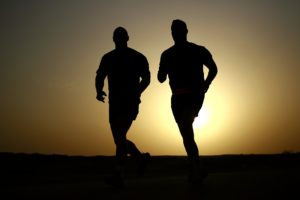 What We Treat: Men’s Health
What We Treat: Men’s Health
Traditional Chinese Medicine (TCM) is a complete medical system that has been around for nearly 3,000 years. It combines nutrition, herbs, acupuncture and other modalities to help keep the body functioning properly, while also treating any ailments that might occur. TCM has been used to treat both men and women, regardless of age and it is frequently becoming the medical choice for those who prefer to treat things naturally.
There are certain health issues more prevalent in men than women and many of these conditions can be easily controlled or treated using Traditional Chinese Medicine. Afflictions such as high blood pressure, depression, urinary issues, stress and prostate problems are just a few of the issues that are more frequently seen in men than women. And these issues, along with many others, respond very favorably to acupuncture and TCM.
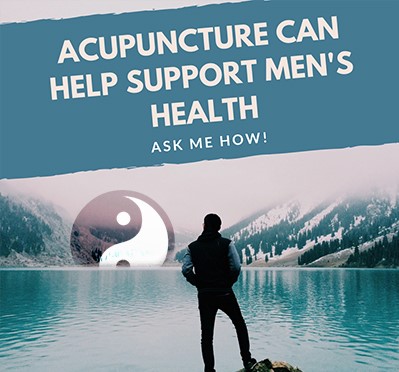 Most people think of acupuncture for pain relief, but the truth is it can treat much more. Acupuncture can help with anxiety, depression, heart health, insomnia, digestive issues and any kind of pain. Acupuncture is most commonly thought of as a way of relieving pain and it is usually sought out after everything else has failed to provide adequate pain relief.
Most people think of acupuncture for pain relief, but the truth is it can treat much more. Acupuncture can help with anxiety, depression, heart health, insomnia, digestive issues and any kind of pain. Acupuncture is most commonly thought of as a way of relieving pain and it is usually sought out after everything else has failed to provide adequate pain relief.
Without purposely trying to cause a debate between the sexes, it is statistically shown that men are less likely to seek out help when they experience pain, as they don’t want to appear weak. This is where something like acupuncture can be a great asset for men. Regular acupuncture treatments as preventive medicine can help keep them in top shape, avoiding aches, pains, strains.
Acupuncture also calms the mind, the nervous system and the endocrine system. All of these things work in conjunction to keep the body functioning properly. However, in the world we currently live in, stress, anxiety and depression have become rampant. Specific acupuncture points can literally decrease the heart rate, slow breathing and relax the mind in a matter of seconds to minutes. This helps alleviate the added stress that men, in particular, feel on a daily basis.
TCM has a long history of being used to help with fertility issues and sexual vitality. As men age and life takes over, many men experience a lack of libido and decreased sexual function. Improperly balanced hormones affected by long hours at the office, improper diet and lack of sleep can all lead to sexual dysfunction and fertility problems. This all relates to the kidneys in Traditional Chinese Medicine. Regular acupuncture treatments and herbs are a great way to return hormone levels to normal and restore sexual vitality in men.
What We Treat: Men’s Health
In much the same way that TCM helps balance hormones within the kidney and endocrine system, it is also frequently used to regulate the circulatory system. Men, once again, tend to have higher levels of stress that can affect the heart and circulatory systems. Specific acupuncture points and herbs can easily lower blood pressure, calm heart arrhythmias and increase circulation to the peripheral areas of the body.
What We Treat: Men’s Health
Seven Ways Acupuncture Can Help Men’s Health
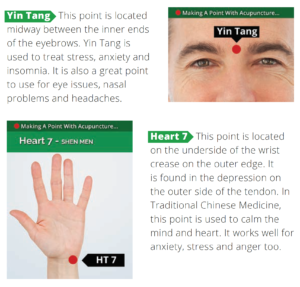 There are certain health issues more prevalent in men than women, and many of these conditions can be easily controlled or treated using Traditional Chinese Medicine. Afflictions such as high blood pressure, depression, urinary issues, stress and prostate problems are just a few of the issues that are more frequently seen in men than women. And these issues, along with many others, respond very favorably to acupuncture and TCM:
There are certain health issues more prevalent in men than women, and many of these conditions can be easily controlled or treated using Traditional Chinese Medicine. Afflictions such as high blood pressure, depression, urinary issues, stress and prostate problems are just a few of the issues that are more frequently seen in men than women. And these issues, along with many others, respond very favorably to acupuncture and TCM:
- Prostate Issues – from enlarged prostates to prostate cancer, this area of the body gets a lot of attention. One of the most common problems facing men is benign prostatic hyperplasia or what is commonly called the enlarged prostate. An enlarged prostate often leads to bladder, kidney and urinary problems, especially urinary retention. This is very easily controlled with acupuncture and herbs because the combination of the two help alleviate the inflammation of the prostate allowing the urine to flow freely.
- Cardiovascular Disease – another big concern for men and it is the leading health threat to men. Acupuncture has been found to be particularly beneficial in lowering blood pressure, which often helps prevent cardiovascular disease. Acupuncture stimulates the release of natural opioids in the body, which then decreases the heart’s activity and lowers the need for excess oxygen. All of this lowers blood pressure.
- Mental Health Issues / Depression – men are much less likely to discuss their feelings and emotions, which can frequently lead to depression and even thoughts of suicide. In fact, men are four times more likely to commit suicide than women. Acupuncture helps balance the chemicals released by the brain and the hormones released by the endocrine system. All of these imbalanced chemicals can lead to mental health issues that manifest over time.
- Insomnia & Sleep-Related Disorders – acupuncture has been shown to be beneficial at restoring balance and allowing the body to relax and rejuvenate. In fact, acupuncture often times outperforms many prescription and over-the-counter sleep aids.
- Pain – it is statistically shown that men are less likely to seek out help when they experience pain, as they don’t want to appear weak. This is where something like acupuncture can be a great asset for men. Regular acupuncture treatments as preventive medicine can help keep them in top shape, thus avoiding aches, pains, strains and pulls.
- Fertility – not something that usually comes to mind when it comes to men’s health issues, however stats show that 35-40 percent of all fertility issues are male conditions. Studies have shown acupuncture and Chinese herbs are very effective at improving sperm quality and the instructional integrity of the sperm. This is why many acupuncturists who focus on fertility issues treat both the male and the female as a team.
- Digestive Issues – frequently related to added stress, this occurs more in men than it does in women. The most common digestive disorder is heartburn or acid reflux, which is usually caused by stress and poor diet. When stress levels are decreased, then stomach acid can decrease also, thus alleviating heartburn.
What We Treat: Men’s Health
These are just a few of the issues acupuncture can help with when it comes to men’s health. But it is easy to see why choosing acupuncture to help keep the body in alignment is a great option, especially for men.

How TCM Helps Low Libido in Men
If your love life is lackluster, have you considered Traditional Chinese medicine to help a wilting libido? Acupuncture and herbal formulas may just be the ticket to improve your sex life and reignite your fire.
There are many factors to consider that could be contributing to low libido in men, including stress, depression, age, drugs / alcohol, low testosterone and diabetes, to name a few. It’s important to find the underlying cause of low libido before treatment begins, and this is why a certified TCM practitioner gives a detailed history exam by asking questions concerning lifestyle, mood, diet, energy level and sleep.
In addition to the varying factors above, there is common testosterone decline seen in men over 50. Testosterone is a steroid hormone involved with muscle development, bone strength, fertility, libido and sperm production. When this hormone is low, symptoms include low libido, fatigue, erectile dysfunction, decrease in muscle mass, anxiety and insomnia.
In TCM the kidneys deal with sexual reproduction, libido, bone development and health. If the kidney energy is weak, it is known as yang deficiency. The kidneys contain both yin and yang energy, ideally in a comfortable balance. The yin is what is dark, cool, moist and still. Yang is hot, dry, moving, outward and bright. If there is an imbalance, as in yang deficiency, for example, the symptoms include feeling cold, a sore lower back, pale complexion, weak legs and knees. This is because yang energy is deficient (due to aging, lifestyle or poor diet) making the yin, the cooler energy, appear relative to that imbalance.
A popular formula for yang deficiency is called Jin Gui Shen Qi Wan or Kidney Pill. This formula warms and strengthens the kidneys. The advantage of taking a formula is that it’s generally safer if one herb is particularly strong and the other herbs mitigate the effect. Taking one herb, for example, ginseng, could be too warming for an individual and cause other problems such as high blood pressure, anxiety, headache and palpitations. It is best to see a qualified herbalist or TCM practitioner to get an accurate diagnosis and treatment; it is not advisable to self-diagnose and treat oneself with herbs. Acupuncture, herbs and warming moxibustion on the lower back can help with low libido, along with lifestyle changes in diet, sleep, and adding light exercise.
In addition to the above diagnosis and treatment, another common factor for low libido could be stress, anxiety or depression. TCM can treat stress as the root cause of low libido (an emotional and physical stagnation) with acupuncture and herbal formulas. Light exercise such as tai chi or qi gong could be beneficial as well.
What We Treat: Men’s Health
Other common herbs and food that can help low libido include horny goat weed, ginseng, sea vegetables, bone broth, figs, bananas, lamb and goji berries.
Research Update: Acupuncture and Men’s Health
Suffering from chronic prostatitis or chronic pelvic pain syndrome? Acupuncture can help.
In a study published by the National Institute of Health, researchers looked at the effectiveness of using acupuncture to relieve the symptoms of chronic prostatitis/chronic pelvic pain syndrome. After separating 100 participants into two groups, the researchers conducted the study using either seven actual acupuncture points or seven sham acupuncture points. Of the group that received actual acupuncture, 92 percent reported decreased symptoms associated with their ailments. This study demonstrates acupuncture as a viable option for men suffering from chronic prostatitis or chronic pelvic pain syndrome.
Traditional Chinese Medicine (TCM) is a complete medical system that has been around for nearly 3,000 years. It combines nutrition, herbs, acupuncture and other modalities to help keep the body functioning properly, while also treating any ailments that might occur. TCM has been used to treat both men and women, regardless of age and it is frequently becoming the medical choice for those who prefer to treat things naturally.
There are certain health issues that tend to occur more frequently in men than women and many of these conditions can be easily controlled or treated using Traditional Chinese Medicine. Afflictions such as high blood pressure, depression, urinary issues, stress and prostate problems are just a few of the issues that affect men. And these ailments, along with many others, respond very favorably to acupuncture and TCM.
Acupuncture also calms the mind, the nervous system and the endocrine system. All of these things work in conjunction to keep the body functioning properly. However, in the world we live in, stress, anxiety and depression have become rampant. Specific acupuncture points can literally decrease the heart rate, slow breathing and relax the mind in a matter of seconds to minutes. This helps alleviate the added stress that men, in particular, feel on a daily basis.
TCM is also frequently used to regulate the circulatory system. Men, once again, tend to have higher levels of stress that can affect the heart and circulatory systems. Specific acupuncture points and herbs can easily lower blood pressure, calm heart arrhythmias and increase circulation to the peripheral areas of the body.
What We Treat: Men’s Health
Men’s health can be a complicated web that has to be unraveled one strand at a time. But it is easy to see why choosing acupuncture to help keep the body in alignment is a great option for men of all ages.
Contact Holistic Alternatives today to schedule an appointment.
$ Most Insurances Accepted.
Holistic Alternatives ~ 380 Park Avenue Palm Harbor, FL 11743
https://holistic-alternatives.us/schedule-online/
(727) 266-3000 (text messages welcomed)
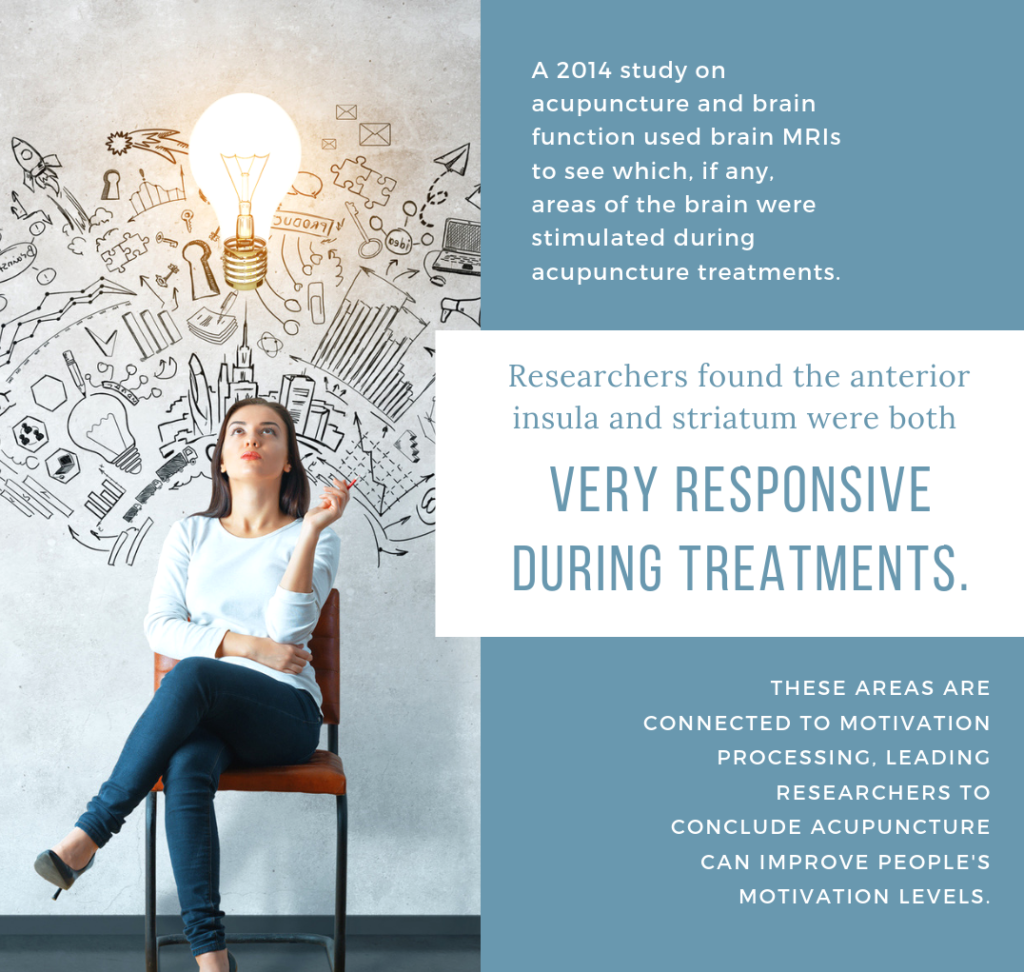

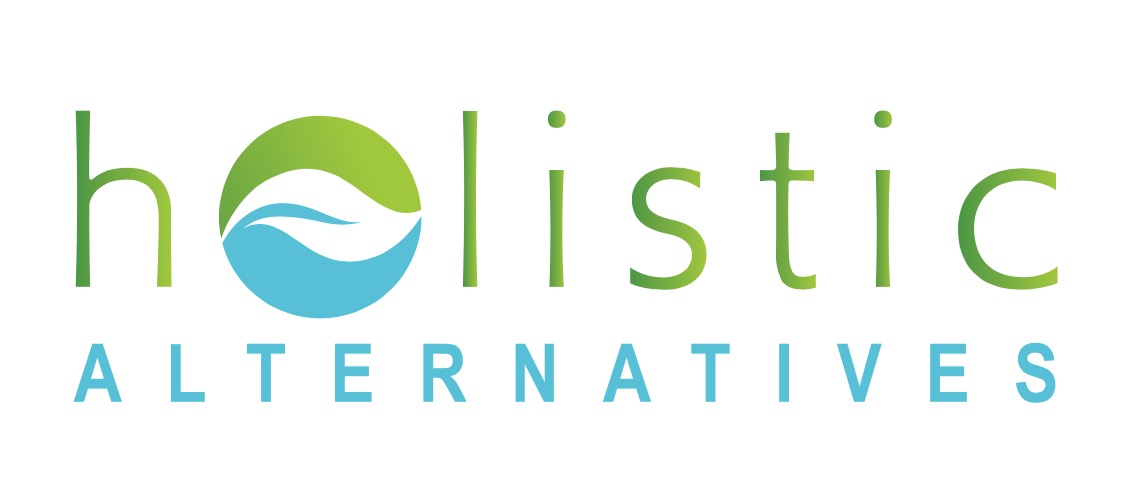
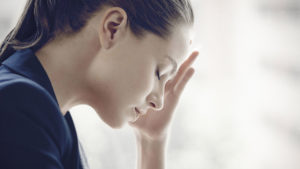
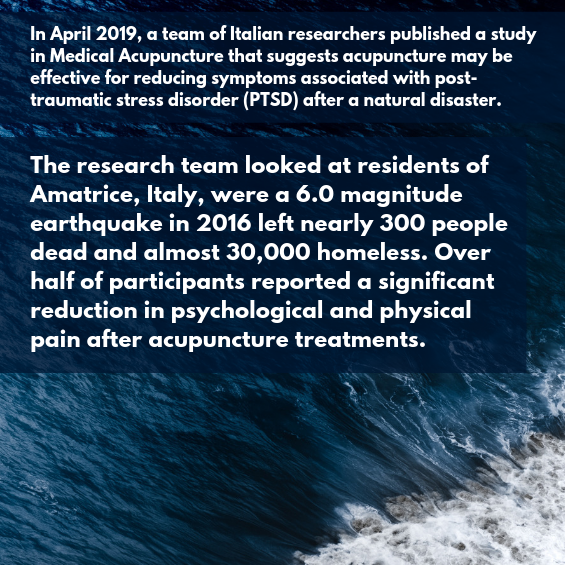
 Robert Lutz, L.Ac., LMT, Diplomate of Oriental Medicine
Robert Lutz, L.Ac., LMT, Diplomate of Oriental Medicine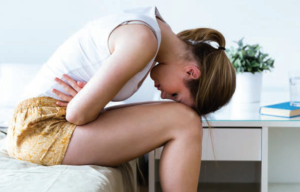 A study published in the Journal of Acupuncture and Meridian Studies looked at the efficacy of acupuncture to control the symptoms of primary dysmenorrhea.
A study published in the Journal of Acupuncture and Meridian Studies looked at the efficacy of acupuncture to control the symptoms of primary dysmenorrhea.
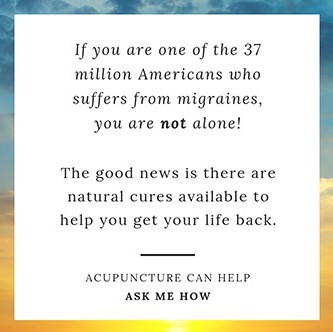 1. Acupuncture has been proven to relieve migraine pain. This is the #1 reason TCM practitioners have people walk through their office doors. Pain – whether associated with migraines or not, is epidemic in the United States. Literally thousands of studies have shown acupuncture treatments can effectively relieve and reduce pain. This can be done both for acute and chronic pain. When acupuncture is coupled with massage or cupping, the results can be even longer lasting.
1. Acupuncture has been proven to relieve migraine pain. This is the #1 reason TCM practitioners have people walk through their office doors. Pain – whether associated with migraines or not, is epidemic in the United States. Literally thousands of studies have shown acupuncture treatments can effectively relieve and reduce pain. This can be done both for acute and chronic pain. When acupuncture is coupled with massage or cupping, the results can be even longer lasting.
 A stroke results from an acute lack of blood supply to a portion of the brain. Because brain cells are very dependent on oxygen, a few minutes without proper blood flow can be quite damaging.
A stroke results from an acute lack of blood supply to a portion of the brain. Because brain cells are very dependent on oxygen, a few minutes without proper blood flow can be quite damaging.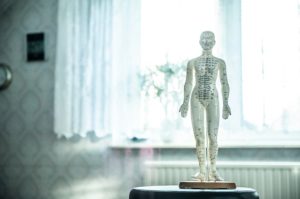 Respiratory issues and the deaths associated with them have shot up tremendously over the past 35 years in the United States. The number of deaths from chronic respiratory illnesses jumped from 41 in 100,000 in 1980 to 53 in 100,000 by 2014. COPD or chronic obstructive pulmonary disease is the leading cause of respiratory deaths, but other ailments like asthma, interstitial lung disease and pneumoconiosis are also contributors to the aforementioned numbers. In many cases, symptoms are merely masked or managed through the use of pharmaceuticals. But there are alternatives like Traditional Chinese Medicine that can address both the symptoms and the root causes of the disease.
Respiratory issues and the deaths associated with them have shot up tremendously over the past 35 years in the United States. The number of deaths from chronic respiratory illnesses jumped from 41 in 100,000 in 1980 to 53 in 100,000 by 2014. COPD or chronic obstructive pulmonary disease is the leading cause of respiratory deaths, but other ailments like asthma, interstitial lung disease and pneumoconiosis are also contributors to the aforementioned numbers. In many cases, symptoms are merely masked or managed through the use of pharmaceuticals. But there are alternatives like Traditional Chinese Medicine that can address both the symptoms and the root causes of the disease. Repetitive stress injuries, also known as RSI, are a common workplace problem.
Repetitive stress injuries, also known as RSI, are a common workplace problem.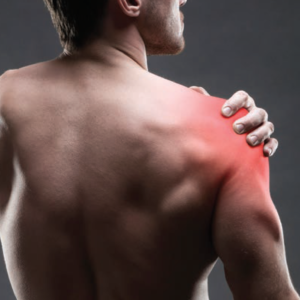 RSI happens when tendons or muscles become inflamed due to repetitive movements over time. Trapped nerves can also be caused by RSI. When you repeat an activity over and over, this can disrupt the flow of qi and blood.
RSI happens when tendons or muscles become inflamed due to repetitive movements over time. Trapped nerves can also be caused by RSI. When you repeat an activity over and over, this can disrupt the flow of qi and blood.
 What We Treat: Men’s Health
What We Treat: Men’s Health Most people think of acupuncture for pain relief, but the truth is it can treat much more. Acupuncture can help with anxiety, depression, heart health, insomnia, digestive issues and any kind of pain. Acupuncture is most commonly thought of as a way of relieving pain and it is usually sought out after everything else has failed to provide adequate pain relief.
Most people think of acupuncture for pain relief, but the truth is it can treat much more. Acupuncture can help with anxiety, depression, heart health, insomnia, digestive issues and any kind of pain. Acupuncture is most commonly thought of as a way of relieving pain and it is usually sought out after everything else has failed to provide adequate pain relief. There are certain health issues more prevalent in men than women, and many of these conditions can be easily controlled or treated using Traditional Chinese Medicine. Afflictions such as high blood pressure, depression, urinary issues, stress and prostate problems are just a few of the issues that are more frequently seen in men than women. And these issues, along with many others, respond very favorably to acupuncture and TCM:
There are certain health issues more prevalent in men than women, and many of these conditions can be easily controlled or treated using Traditional Chinese Medicine. Afflictions such as high blood pressure, depression, urinary issues, stress and prostate problems are just a few of the issues that are more frequently seen in men than women. And these issues, along with many others, respond very favorably to acupuncture and TCM: